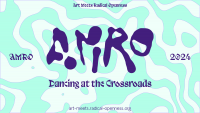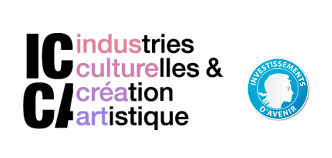 This Workshop, hosted by the Labex ICCA (an interdisciplinary research centre on the arts, culture and digital markets and their practices), intends to provide a forum that allows the development and the dissemination of researches on a single object (cultural industries) but from different scientific fields (economics, communication sciences, sociology, law, education sciences…). It aims at favouring discussions and connections between various scientific fields and various cultural industries. Professionals and institutional representatives of the cultural sector will also be invited to compare their experience with the researches presented during the workshop, which will be held in English.
This Workshop, hosted by the Labex ICCA (an interdisciplinary research centre on the arts, culture and digital markets and their practices), intends to provide a forum that allows the development and the dissemination of researches on a single object (cultural industries) but from different scientific fields (economics, communication sciences, sociology, law, education sciences…). It aims at favouring discussions and connections between various scientific fields and various cultural industries. Professionals and institutional representatives of the cultural sector will also be invited to compare their experience with the researches presented during the workshop, which will be held in English.
Propositions of communication will be selected on the basis of a detailed abstract or a full- paper. These propositions may cover all the above mentioned scientific fields, all the cultural industries (publishing, audiovisual, movie, music, videogame, …) and deal with various topics like (among others): the impact of digitization on cultural industries (disintermediation, redefinition of the authorship, cultural diversity, new modes of distribution and consumption), the assessment of cultural policies, creativity in cultural industries…
Deadline for submitting detailed abstracts or full-papers was June 30, 2014. Authors will be notified on acceptance or rejection by July 11, 2014. There is no submission or registration fee. Monday evening dinner, Tuesday lunch and accommodation expenses (up to two nights) of the conference participants who presented a paper will be covered by the Labex ICCA.
Travel expenses will not be covered.
Local Organization Commitee:
Prof. Françoise Benhamou, University Paris 13
Prof. Bertrand Legendre, University Paris 13
Prof. François Moreau, University Paris 13.
For more information visit http://www.univ-paris13.fr/icca/callworkshop/


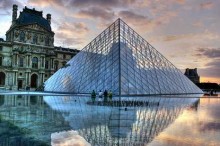
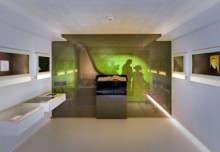


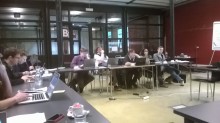
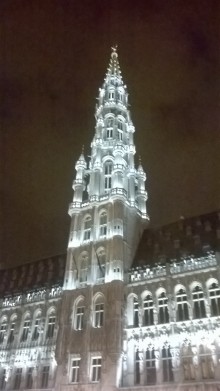 On March 5th, 2014
On March 5th, 2014 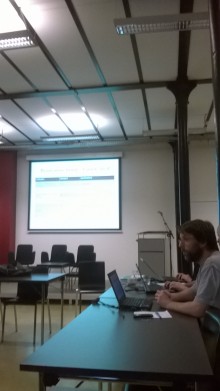 During the workshop several topics have been discussed: the various use cases to be taken into consideration for the conformance checking, the joint user model, the deployment options for the tools developed by the suppliers, the different formats and standards to be taken into account and the list of requirements for each media type.
During the workshop several topics have been discussed: the various use cases to be taken into consideration for the conformance checking, the joint user model, the deployment options for the tools developed by the suppliers, the different formats and standards to be taken into account and the list of requirements for each media type.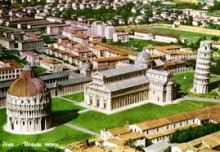
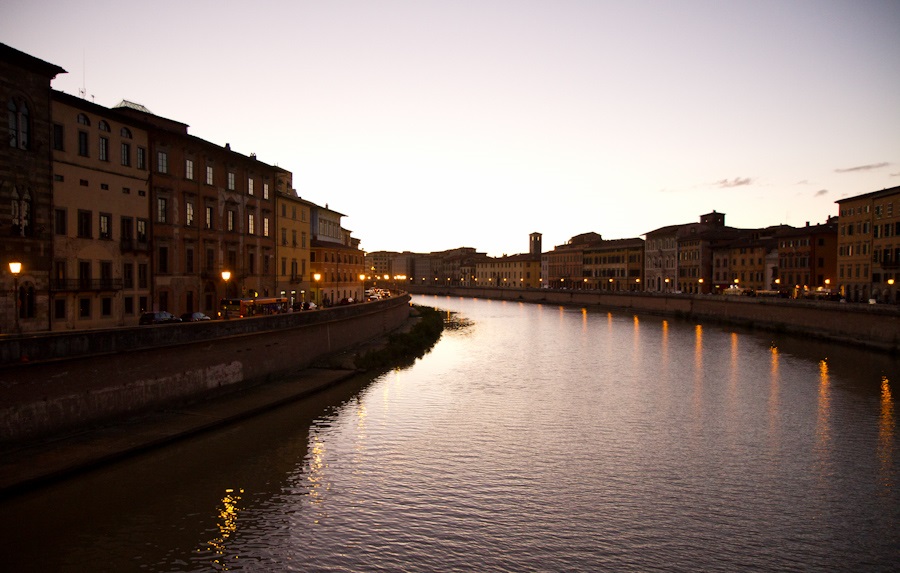
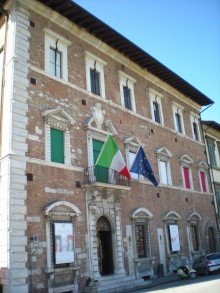
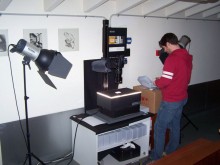


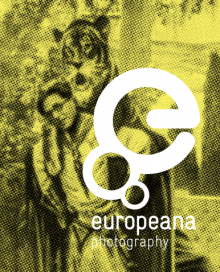

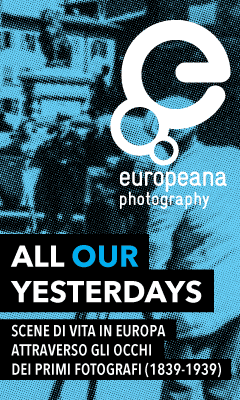

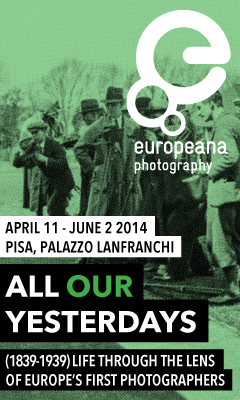
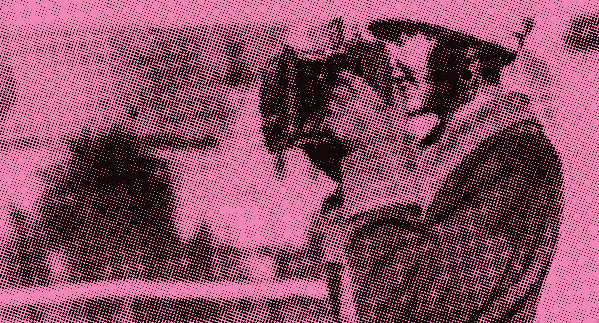


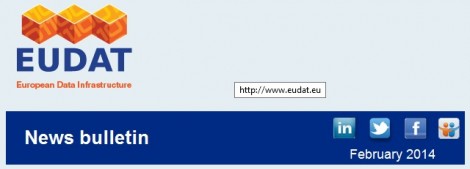

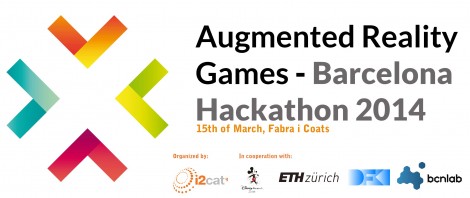
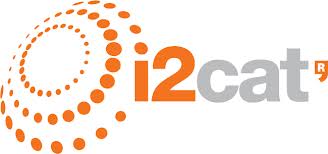
 RICHES on Twitter! #richesEU
RICHES on Twitter! #richesEU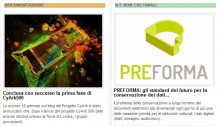
 If you have interesting news and events to point out in the field of digital cultural heritage, we are waiting for your contribution.
If you have interesting news and events to point out in the field of digital cultural heritage, we are waiting for your contribution.














